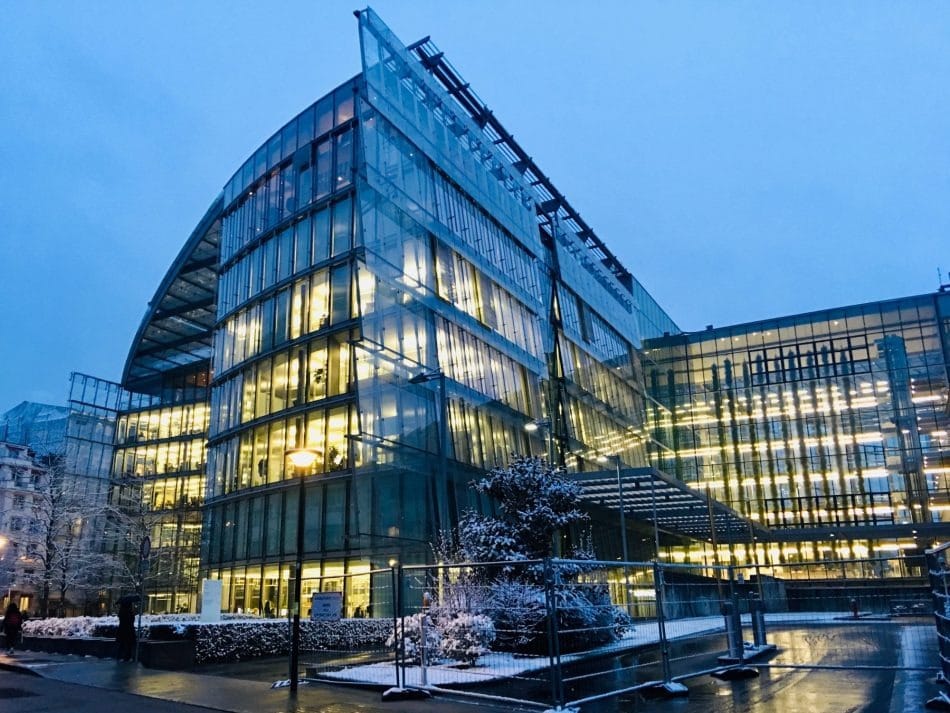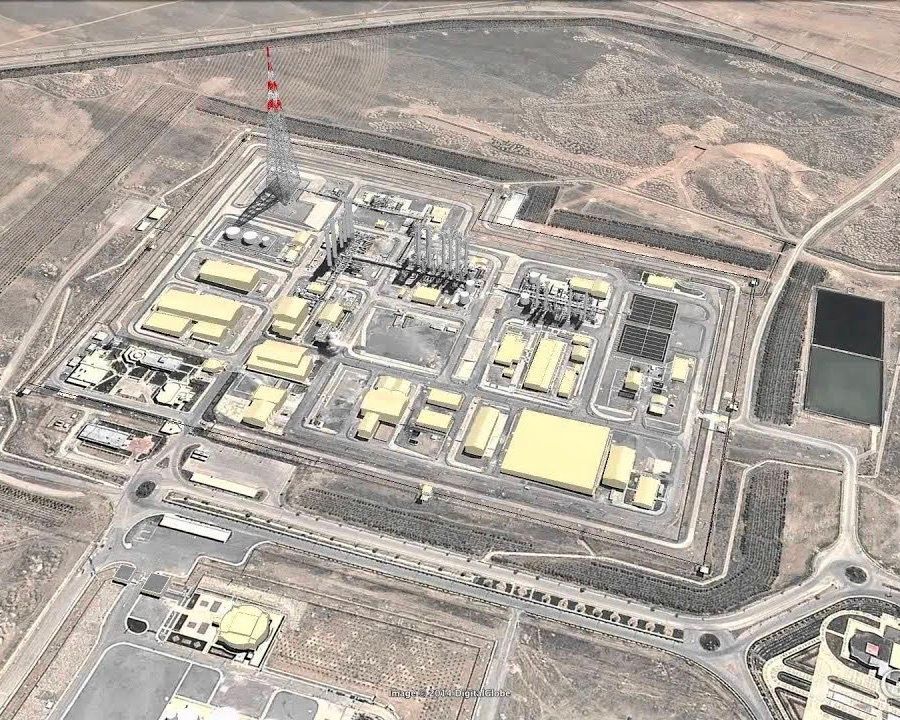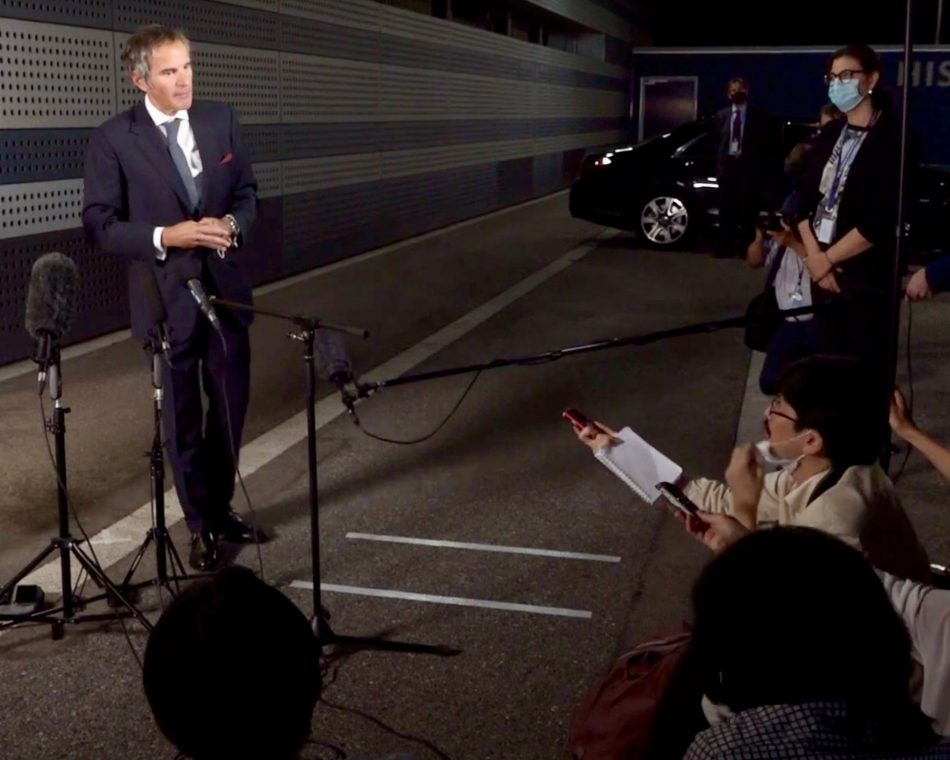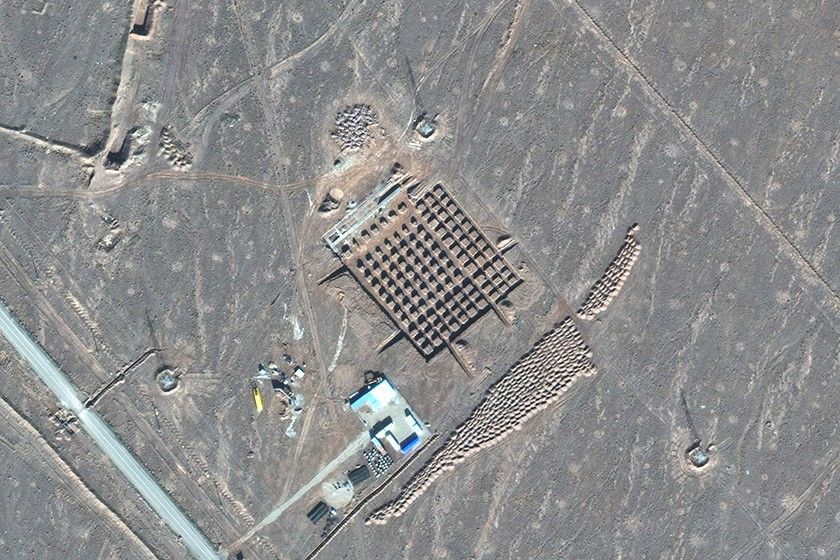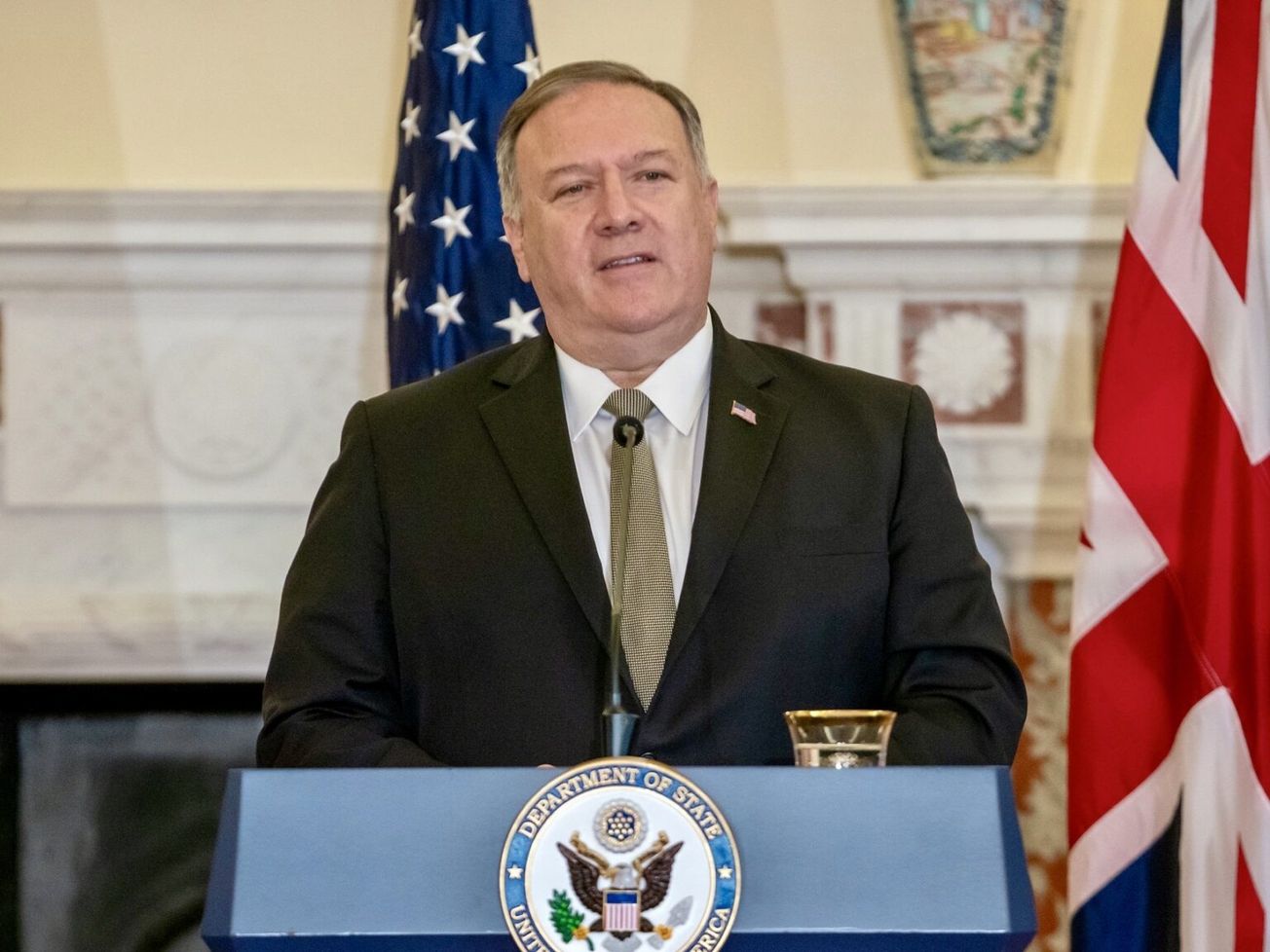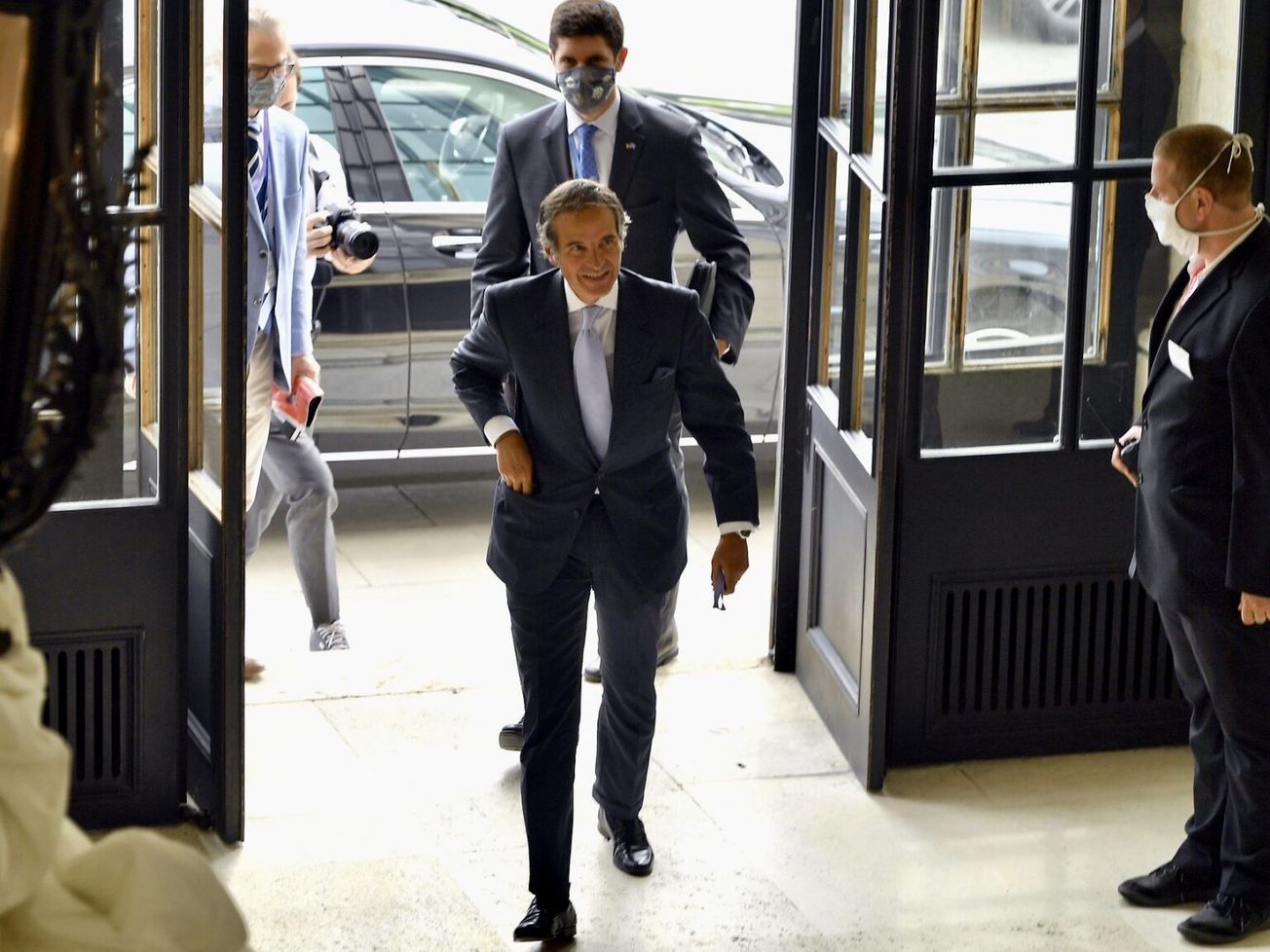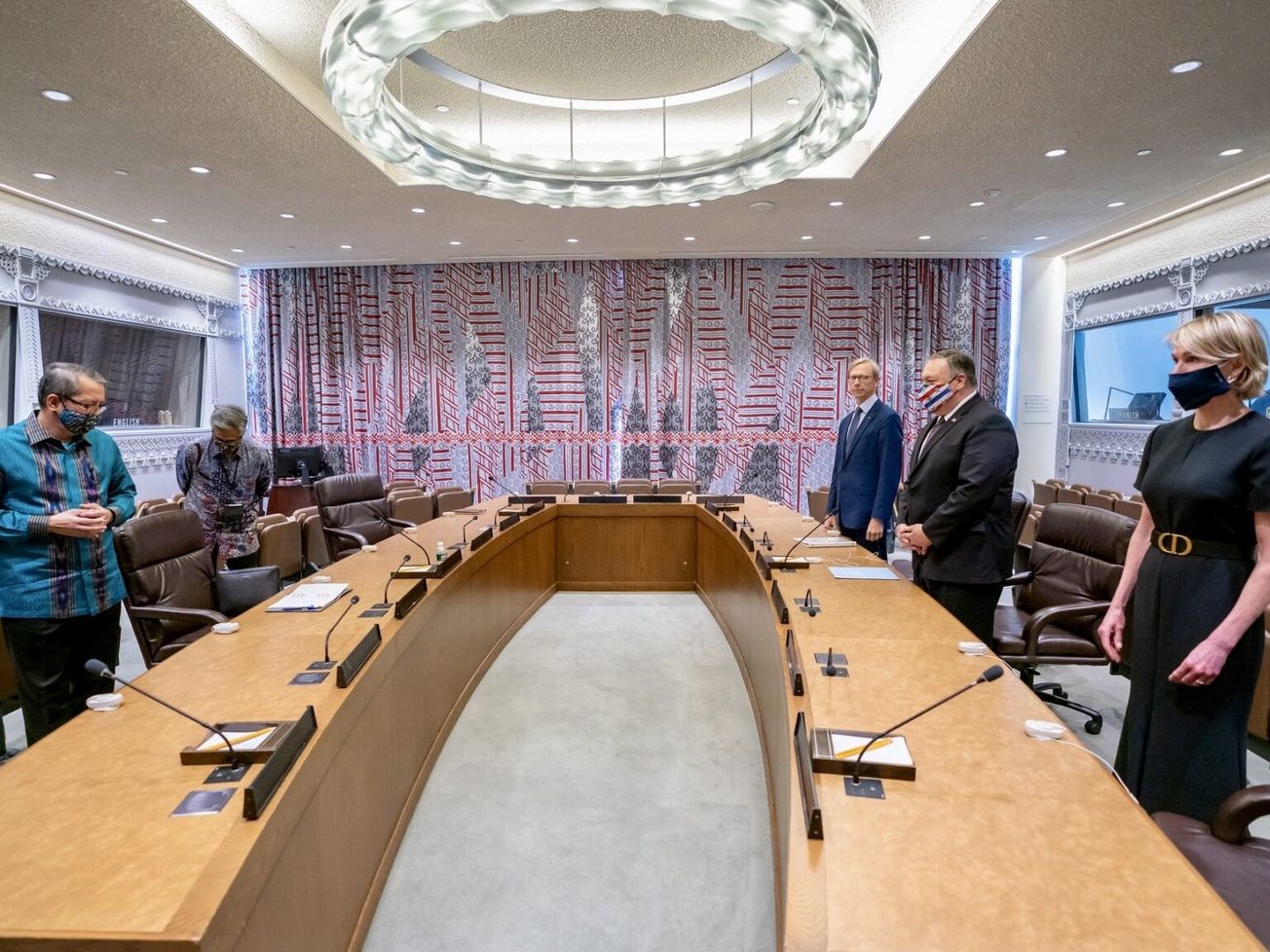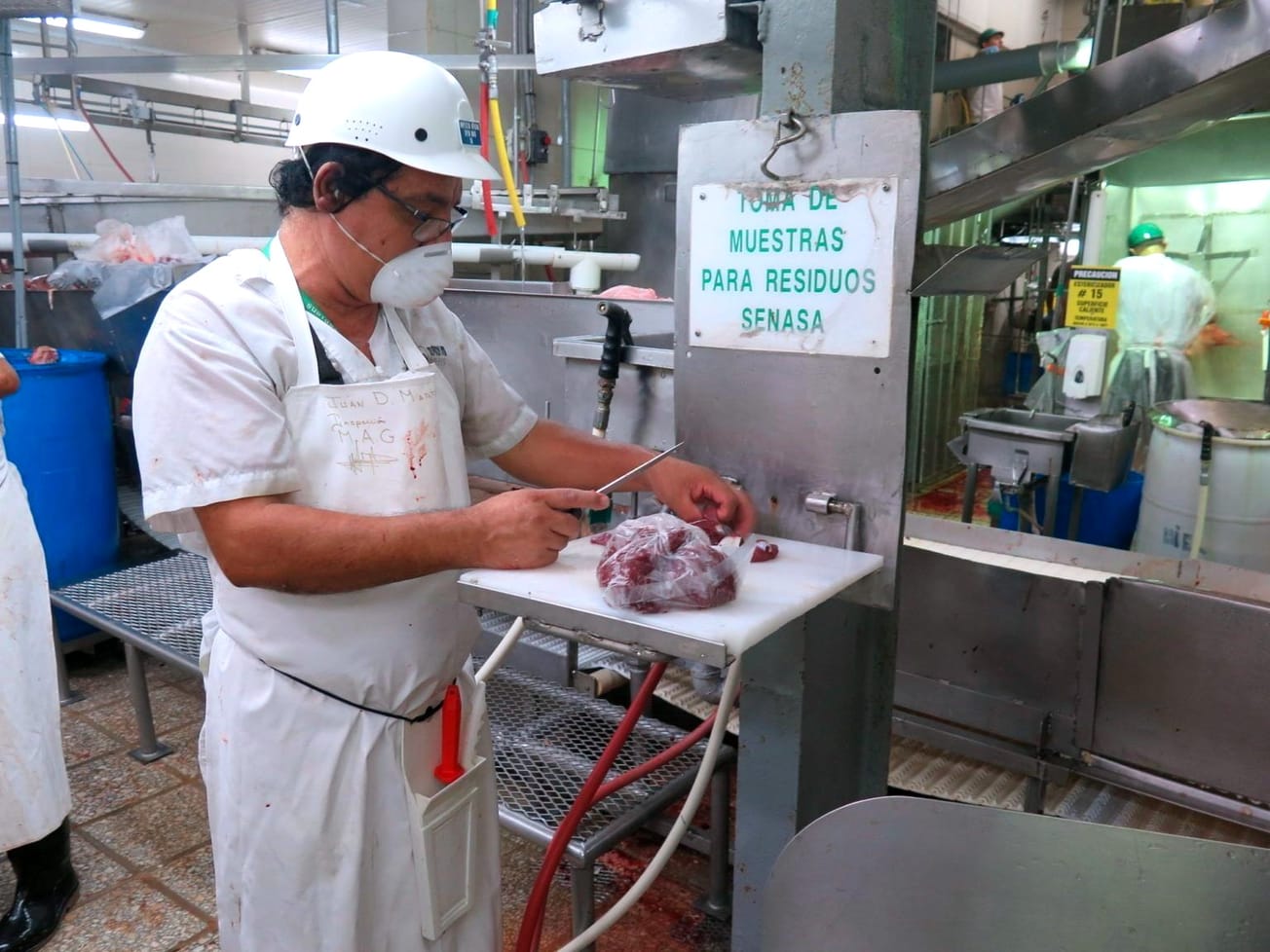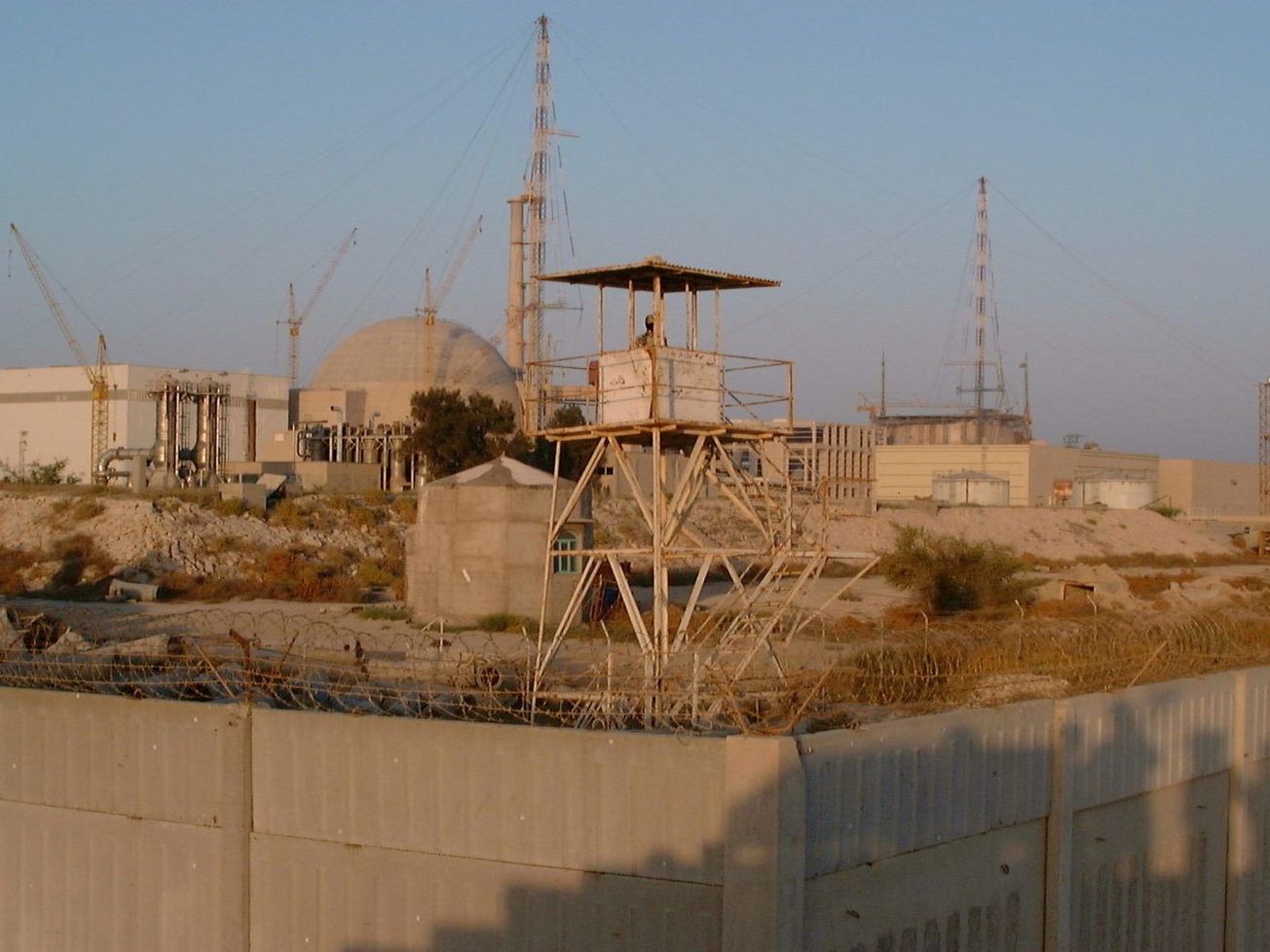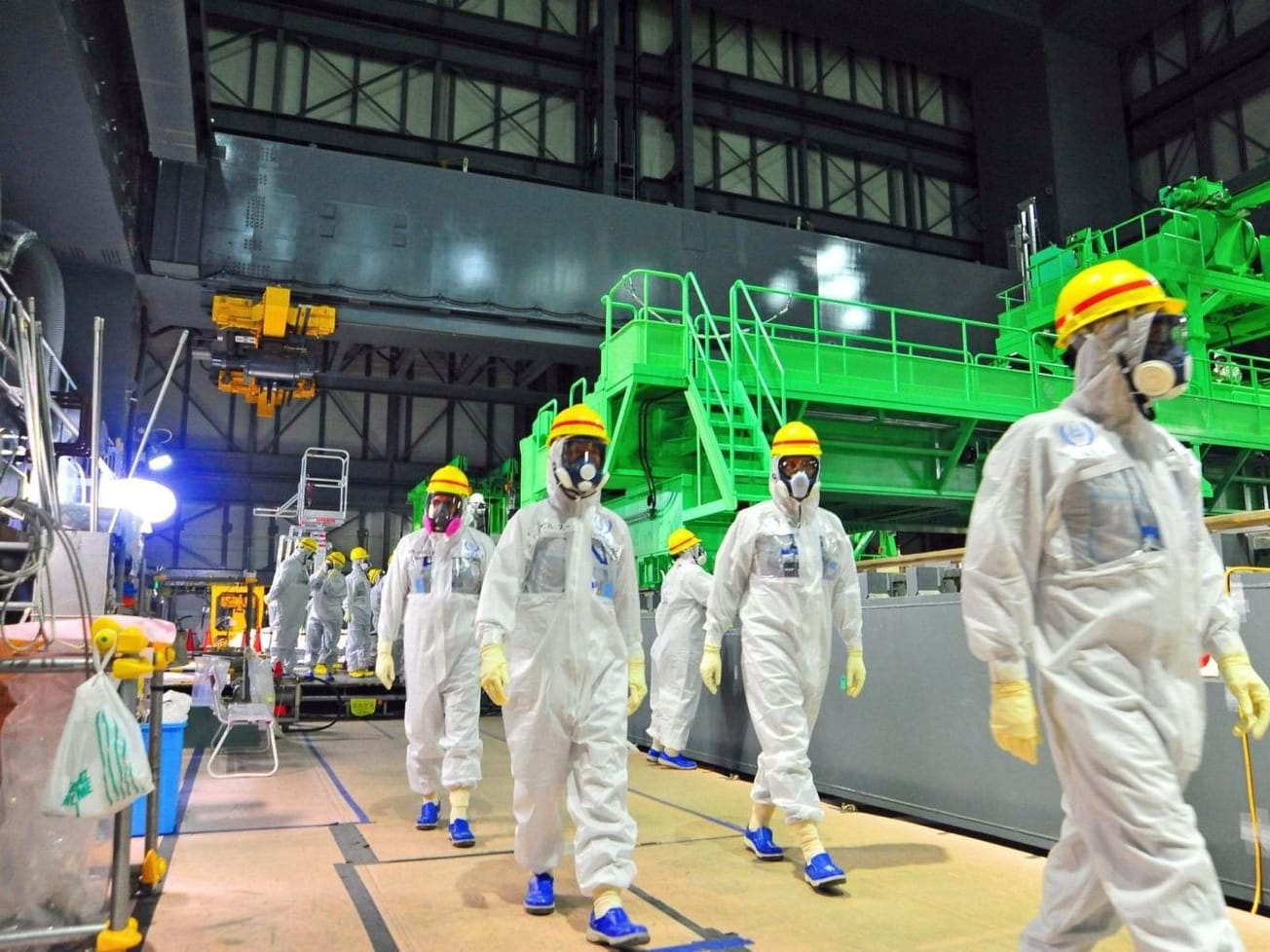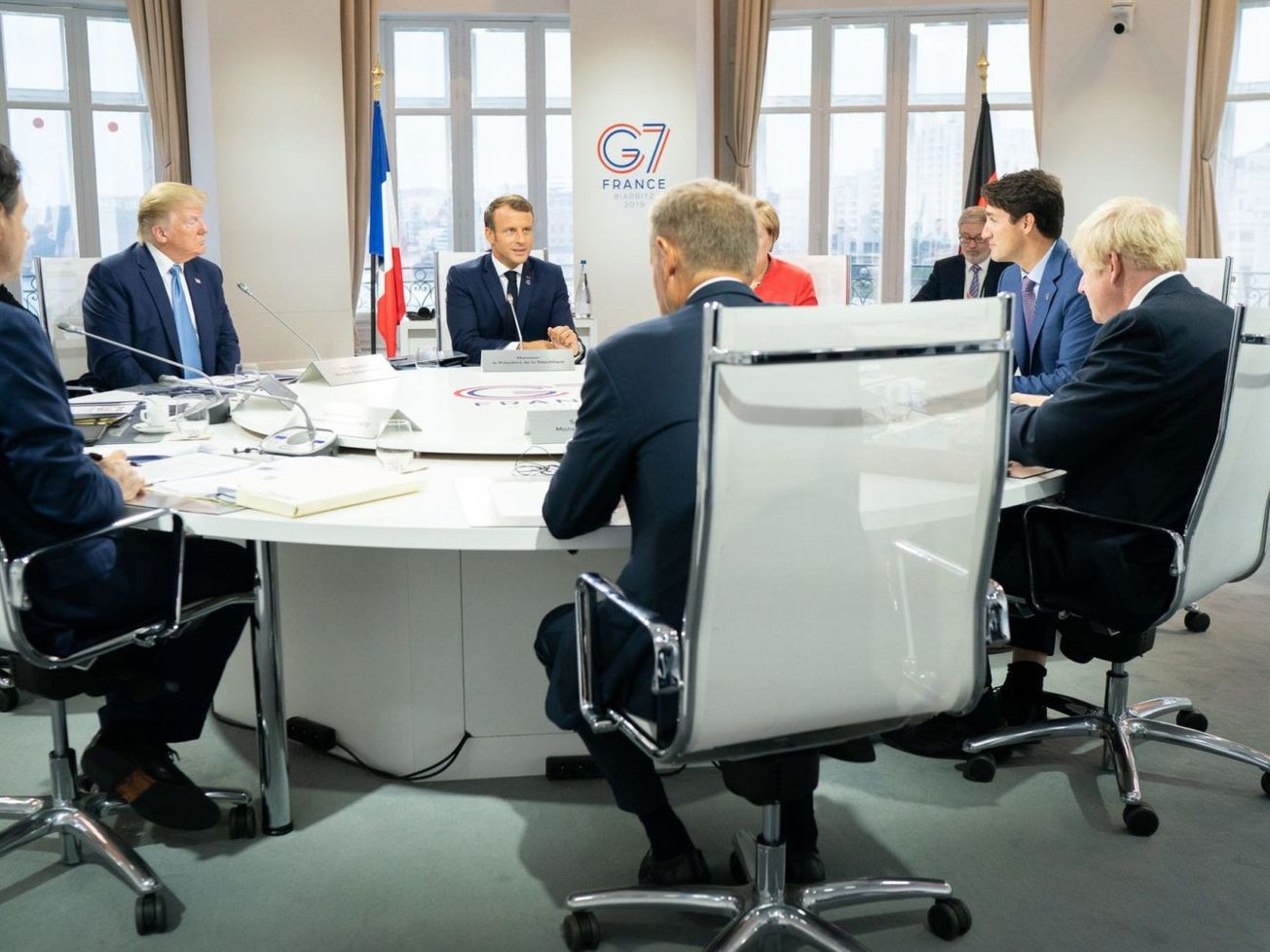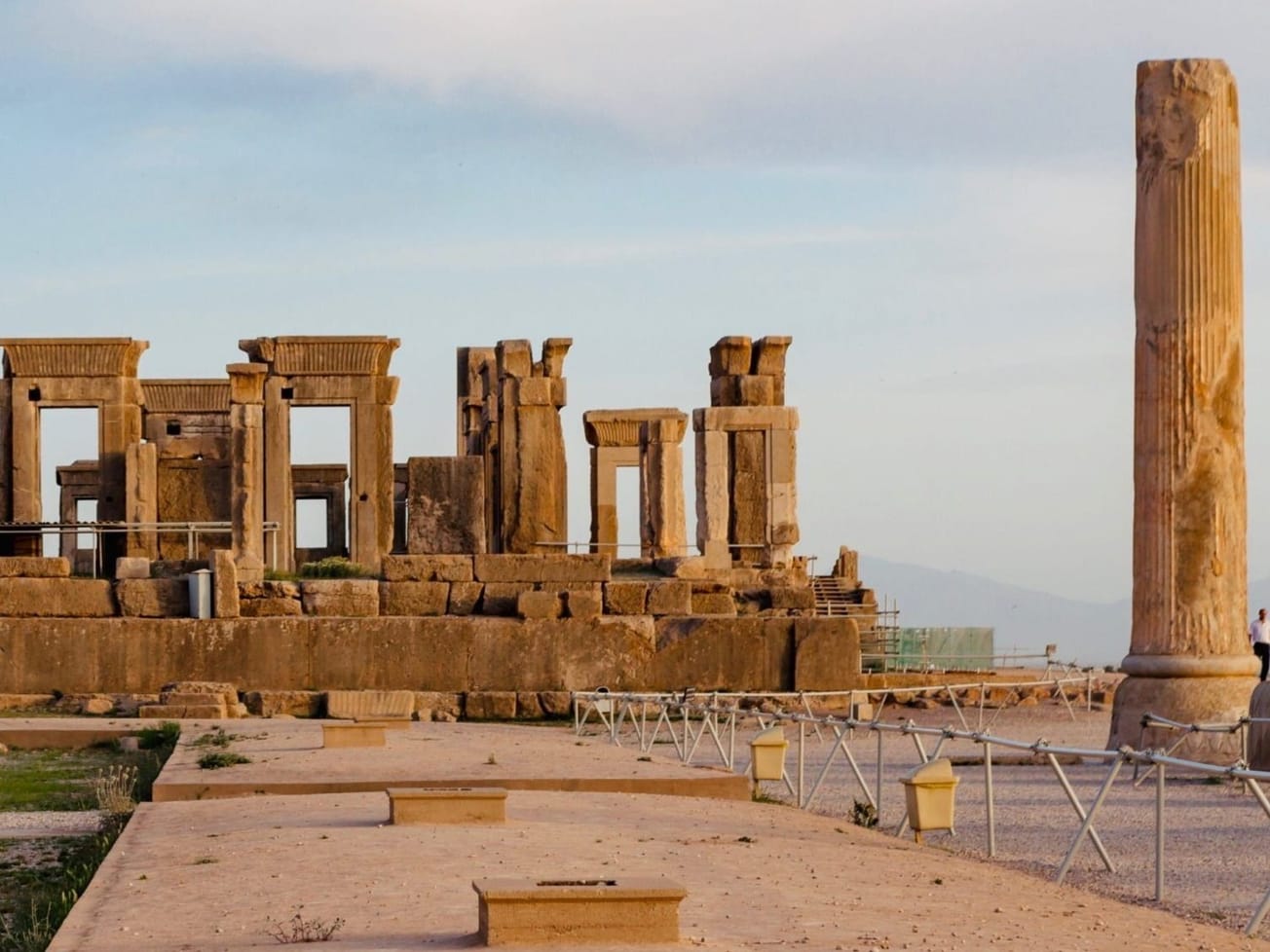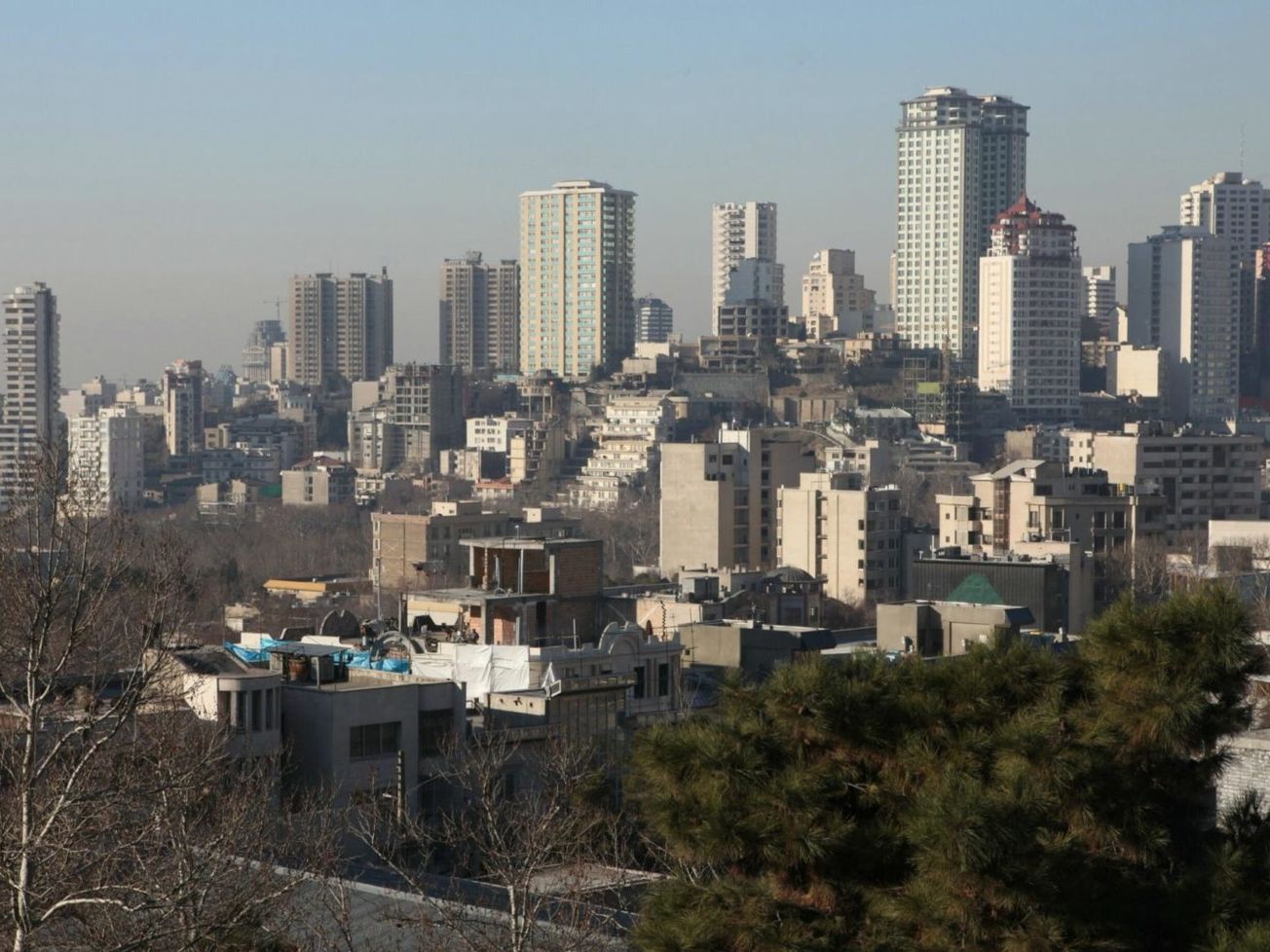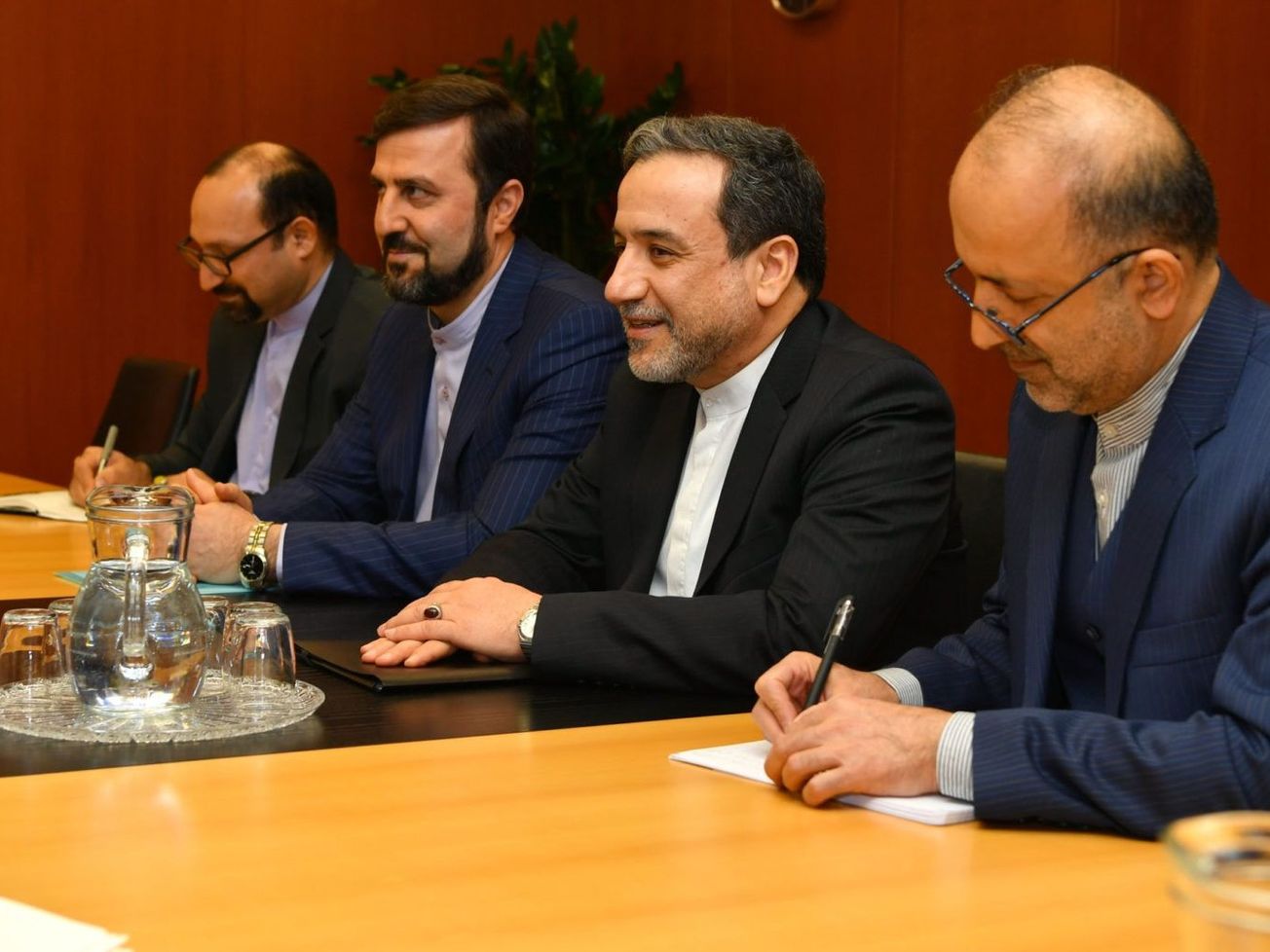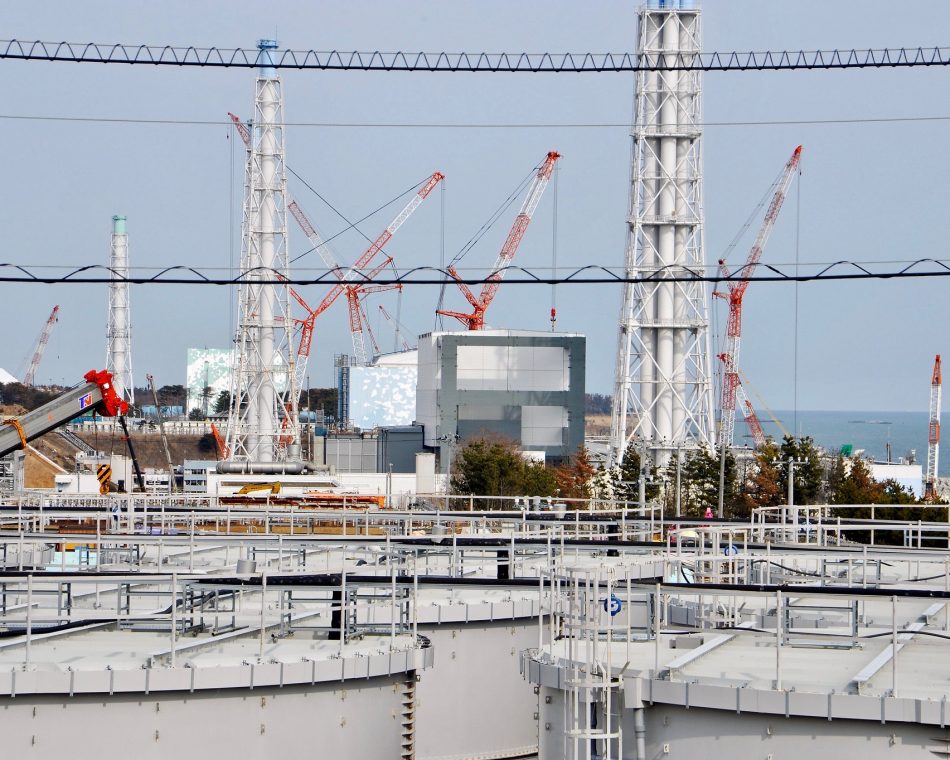
IAEA supports plan to release Fukushima water
The U.N. nuclear watchdog agency offered support for Japan’s decision to release treated radioactive wastewater from Fukushima into the ocean in 2023.
Already have an account? Log in
The U.N. nuclear watchdog agency offered support for Japan’s decision to release treated radioactive wastewater from Fukushima into the ocean in 2023.
A new Swiss foundation unveiled sweeping plans for a global science court and a new international organization and treaty.
After a week of U.S.-Iran proximity talks on the 2015 nuclear deal, Iran's president announced Tehran is testing a centrifuge to speed uranium enrichment.
The head of the U.N. atomic watchdog agency and Iranian top officials announced Tehran will give international inspectors reduced access to nuclear sites.
Iran resumed enrichment of uranium to 20% in a move closer to weapons grade levels and further away from the 2015 nuclear deal.
The U.S. followed through on its threat to unilaterally restore sanctions against Iran, defying widespread international criticism.
Amid rising tensions on the U.N. Security Council over the 2015 Iran nuclear deal, IAEA and Tehran said Tehran will allow inspectors at two nuclear sites.
The U.N. Security Council rejected the Trump administration's attempt to use the 2015 Iran nuclear deal to restore international sanctions against Tehran.
IAEA says countries in need of help can get training in nuclear science knowhow to tackle disease transmission.
Iran violated its 2015 nuclear deal with world powers by nearly tripling its stockpile of enriched uranium since November, IAEA reported.
Japan strengthened inspections as part of efforts to improve regulation in the wake of the Fukushima Daichi accident.
Britain and France recommitted to the Iran nuclear deal despite the U.S. undermining it and Europeans triggering a process that may reimpose sanctions.
A nuclear technique developed with U.N. support suppressed the disease-carrying tsetse fly without harming other insects.
UNESCO's chief reminded Washington and Tehran they must protect cultural sites, after Trump made threats against Iran.
Iran announced it will no longer comply with most of the limits under the 2015 nuclear deal it signed with world powers, angrily reacting to a U.S. airstrike.
Britain, France and Germany demanded that Iran remain in the fraying 2015 nuclear deal, but did not press to reactivate U.N. sanctions against Iran.
